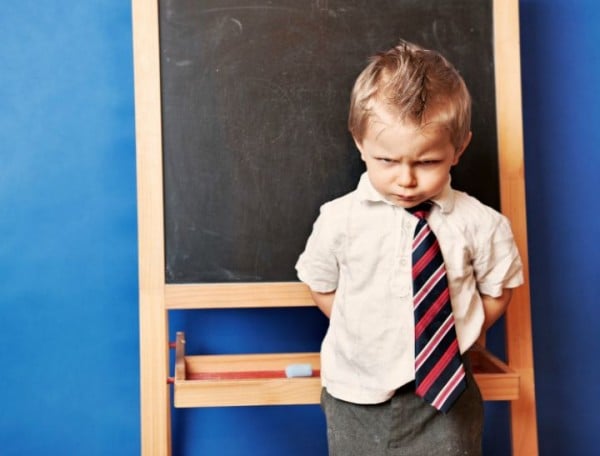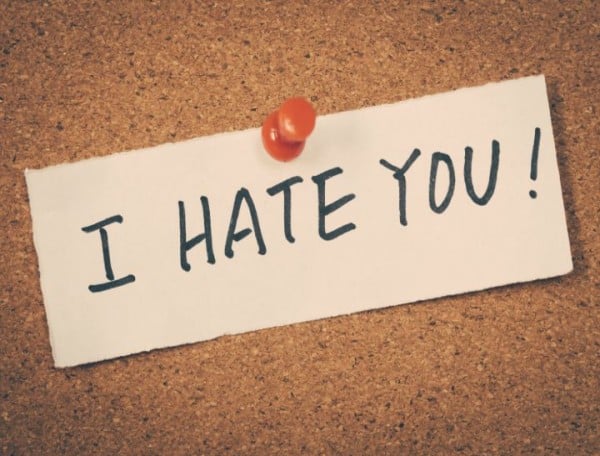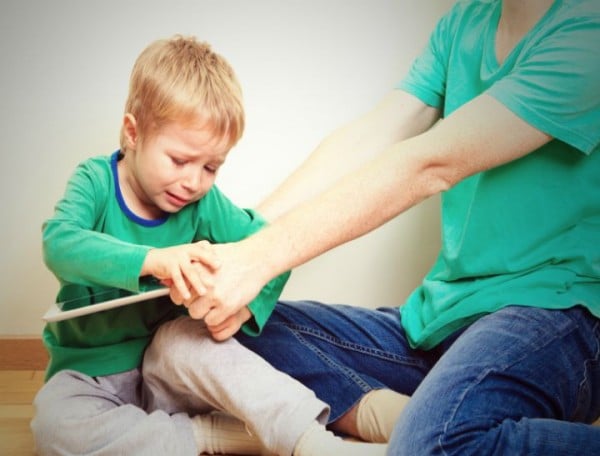
I remember the first time I heard it. The words cutting deep, the edge in his voice. I remember being hurt so deeply it ached. My eyes welling up at the pain.
I remember feeling slightly ridiculous that I was so affected.
After all he was just five-years old.
Surely he couldn’t mean it?
I said I HATE you he cried again when I hadn’t responded with words just silence as though I hadn’t heard the first time.
The H-word. It hurts doesn’t it?
I HATE you. I HATE you. I HATE you.



